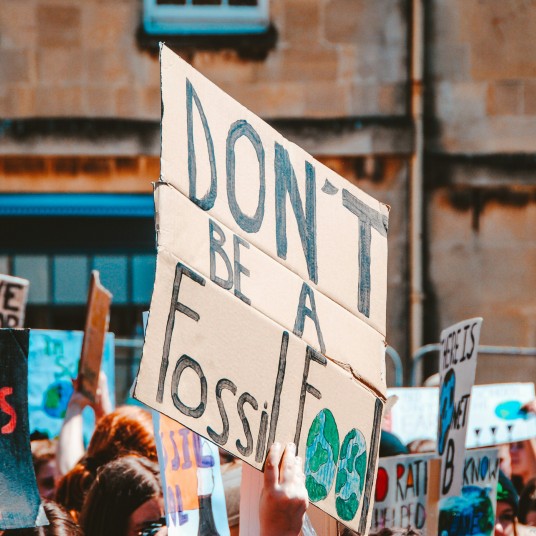After years of focusing on the bullet, COP28 finally points to the smoking gun. Following decades of discussions on greenhouse gas emissions, the final agreement at the Dubai summit expressly mentions embarking on a path to abandon fossil fuels, the culprits of climate change.
Now that the event has concluded, let’s delve into the most significant decisions, agreements, and conclusions derived from this climate summit.
What to expect in this article:
New milestone at COP28: A shift away from fossil fuels
 At a pivotal moment for our planet’s health, global leaders, scientists, and activists reconvened for the 28th Conference of the Parties (COP28).
At a pivotal moment for our planet’s health, global leaders, scientists, and activists reconvened for the 28th Conference of the Parties (COP28).
This annual meeting, organized by the United Nations Framework Convention on Climate Change (UNFCCC), transcends a mere conference; it stands as a global call to action, an opportunity to review progress made and set more ambitious targets against climate change.
What was this year’s milestone? The explicit reference to fossil fuels in the final agreement. After extending the summit for an extra day to reach a resolution that satisfied all parties, the nearly 200 countries meeting in the United Arab Emirates (UAE) agreed to “transition away from” fossil fuels.
“The nearly 200 countries meeting in the United Arab Emirates (UAE) agreed to “transition away” from fossil fuels.”
The issue that extended the negotiations was deciding which verb would accompany this statement. The initial draft of the final agreement, penned by the COP28 presidency, referred to “reduce.” However, the more ambitious nations requested to phrase it as “gradually phase out” their use and production.
The final text proposes a just, organized, and equitable transition away from fossil fuels in energy systems. The objective is to accelerate implementing measures in this crucial decade to achieve net-zero emissions by 2050.
3x2: Tripling renewables and doubling energy efficiency
Another unchanged point emphasizes the need to keep promoting renewable energies. This decision aligns with the report published in October by the International Energy Agency (IEA), which focuses on tripling renewables and doubling energy efficiency by 2030 to limit the temperature rise to the 1.5 degrees set by the Paris Agreement—a topic explored in this article.
Another point that remains unchanged is the need to continue promoting renewable energies. This decision is based on the report published in October by the International Energy Agency (IEA). This document focuses on tripling renewables and doubling energy efficiency by 2030 to limit the rise in temperature to the 1.5 degrees set by the Paris Agreement. A topic we address in this article. Within six years, renewables should constitute 77% of total installed capacity and 68% of generated capacity.
“Within six years, renewables should constitute 77% of total installed capacity and 68% of generated capacity.”
While the declaration also proposes nuclear energy and CO2 reduction and elimination technologies, such as carbon sequestration, utilization, and storage, as well as low-emission hydrogen production, it also advocates for ending fossil fuel subsidies and curbing methane emissions.
The measures remain voluntary, lacking legal obligation. In announcing the final document, COP28 President Sultan al Jaber stressed, “This agreement will only be as good as its implementation.” And adding, “We are what we do, not what we say. We must take the necessary steps to turn this agreement into tangible action.”
What’s abundantly clear is the longstanding commitment from certain private sector companies to drive essential changes: “The capital and technology required for substitution of fossil fuels are available and accessible,” highlighted José Manuel Entrecanales, ACCIONA’s Chairman, during one of the summit’s conferences.
We are experiencing a surge in renewable energies, and phasing out fossil fuels from the electricity system is well within our grasp. It is now incumbent upon governments to harness this potential and implement policies that will lead to a real decarbonization of the economy.
The Dubai summit signifies a pivotal moment in the battle against climate change, explicitly incorporating fossil fuels in the final agreement. The challenge ahead is to translate these aspirations into tangible and impactful actions. Time is of the essence, with 2030 a mere six years away. Action is imperative.
Sources: